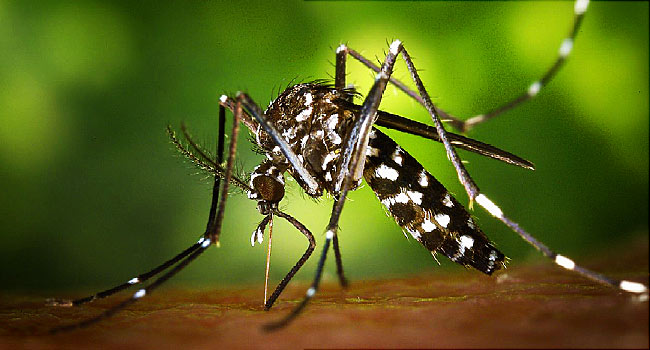2 min read
105 Views
Editorial Staff
Zika virus current update
Zika virus is a mosquito-bourne viral disease that is primarily spread by the Aedes mosquito. The illness can also be [...]
Z
ika virus is a mosquito-bourne viral disease that is primarily spread by the Aedes mosquito. The illness can also be spread through sex, and from an infected mother to her fetus. Infection via blood transfusion is still under investigation, and not yet confirmed.
Scientists discovered the virus in Uganda, in 1947 and since then, there had just been a few cases of the disease reported; all were in Africa. However, in 2007, the virus started to spread to other countries outside Africa, Brazil in particular, and there have been new cases in Florida, United States.
Symptoms of the disease only display in one out of five people, and they include; fever, headache, rash, eye redness (conjunctivitis) and joint pains. The symptoms last a few days and are usually not severe. Most people affected rarely go to the hospital.
As harmless as the Zika sounds it is potentially lethal to unborn babies. If a woman gets infected during pregnancy, her child is in danger of severe birth defects that affect the brain, nervous system, ears, and eyes. The infant is also likely to have impaired growth.
As of 2016, there is still no cure for the virus. Health practitioners advise those in affected areas to protect themselves from the disease by wearing permethrin pre-treated long-sleeved shirts and long trousers.
Doctors recommend that pregnant and breastfeeding women to use mosquito repellants that are approved by The Environmental Protection Agency (EPA) as they are safe, and to cover babies with mosquito nets. Male partners should also avoid extramarital sex as they could still transmit the virus to their pregnant wives.
If you suspect that you Zika, it is important to see a doctor so that they can carry out tests to eliminate other diseases. If the doctor confirms that you have the disease, kindly be sensible so as not to infect those around you, i.e., small babies, pregnant or breastfeeding women.
Get plenty of rest and drink lots of liquids. The doctor might also give you some anti-inflammatory medication to help you deal with the zika virus symptoms.



